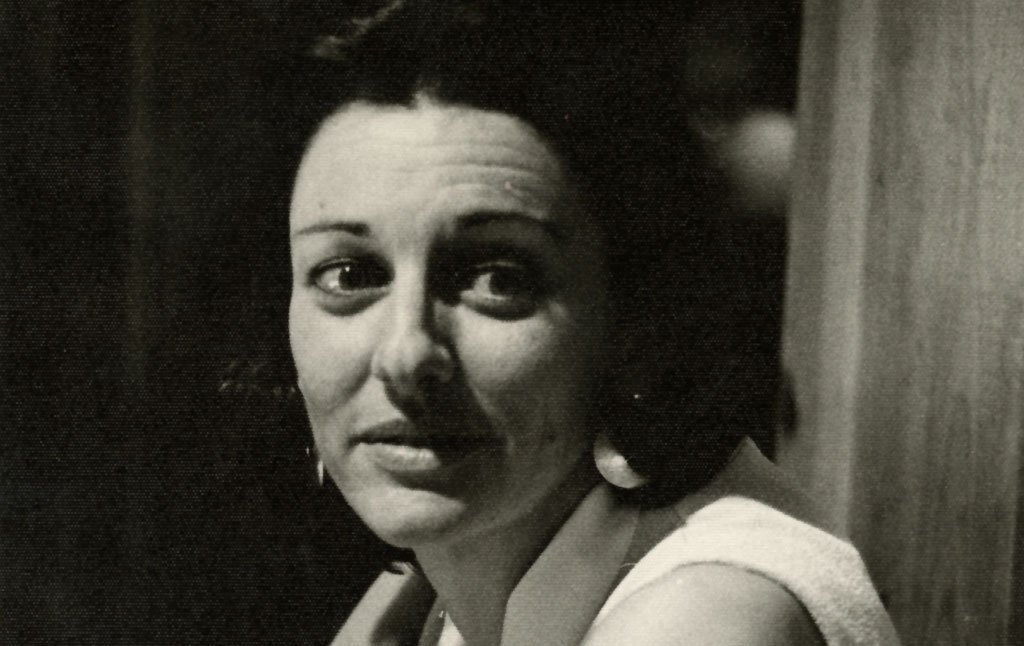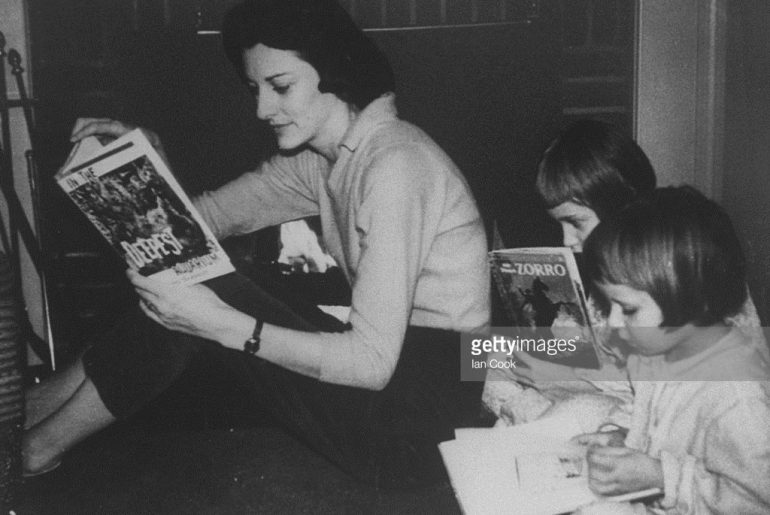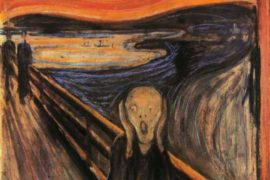Anne Sexton born on November 9, 1928 is perhaps one of the most prominent confessional poets of all time. She had spent most of her 20s fighting depression, and after a suicide attempt in 1956, her therapist Dr Martin Orne suggested she begin to write poetry to help her purge her feelings. The suggestion was like a match to paper. Anne Sexton took fire and was reborn at the age of 29 with two kids, and wrote obsessively. By Christmas of 1956 she had created 37 poems and had won the Pulitzer Prize shortly after in 1967. Her entire life, she struggled with fighting her own demons who gave her the inspiration to write but also tormented her mercilessly.
It is difficult to read her poetry without also thinking of her life and illness. Sexton will always be judged in the shadow of the fact that she took her own life by asphyxiation in her garage at home in 1974 which may seem illogical to some considering all that she’s achieved in life but it seemingly made rational sense to her, thus, it is not really for us to understand. We can only read her poems and try to empathize with her struggles. As she herself said to her oldest daughter Linda, “Talk to my poems.” These poems were at times shocking, brutal and above all confessional with themes including her long battle against depression and mania, suicidal tendencies, and various intimate details from her private life.
One of the main reasons behind her mental illness was believed to stem from sexual abuse by her parents during her childhood, which led to fear and trauma from an early age. Some time in Anne Sexton’s development, she stopped emotionally maturing and operated on the level of a teenager in a woman’s body and like a teenager, Anne depended on everyone around her to take care of her emotional and physical needs and she put Linda, her daughter, in the role of primary caretaker up until her suicide. Her marriage was a difficult one marred by insecurity and abuse. This was before women’s liberation and her therapist did not do her any favours in telling her it was her fault for the way her husband treated her. While her husband was the one being abusive, the therapist tried to “help” Anne by trying to discover how she provoked him or was manipulating the situation.

She did not have a good relationship with her children as well and is said to have resorted to abusing them on several occasions. Anne also struggled with an eating disorder, used laxatives and probably other means to control her weight. Her continual depressive bouts, unexpected trance states, and comparatively frequent suicide attempts resulting from all her unaddressed issues kept her family and friends watchful and unnerved. Contrary to her seemingly confident public manner, Sexton was heavily dependent on therapists, medications, close friends and lovers.
Anne Sexton’s ability to write poetry kept her alive longer than she could have survived, had she not written. She did unforgivable things yet was a disciplined, intelligent, beautiful artist capable of as much love as she was destructive behaviors. She paved the way for confessional poetry and she believed the only way that an individual’s pain gained meaning was through its communication to others. Ultimately, her story ends tragically according to us, but perhaps is a peaceful conclusion according to her. Her story tells a fascinating portrait of a person beset by various demons, whose words live on.






